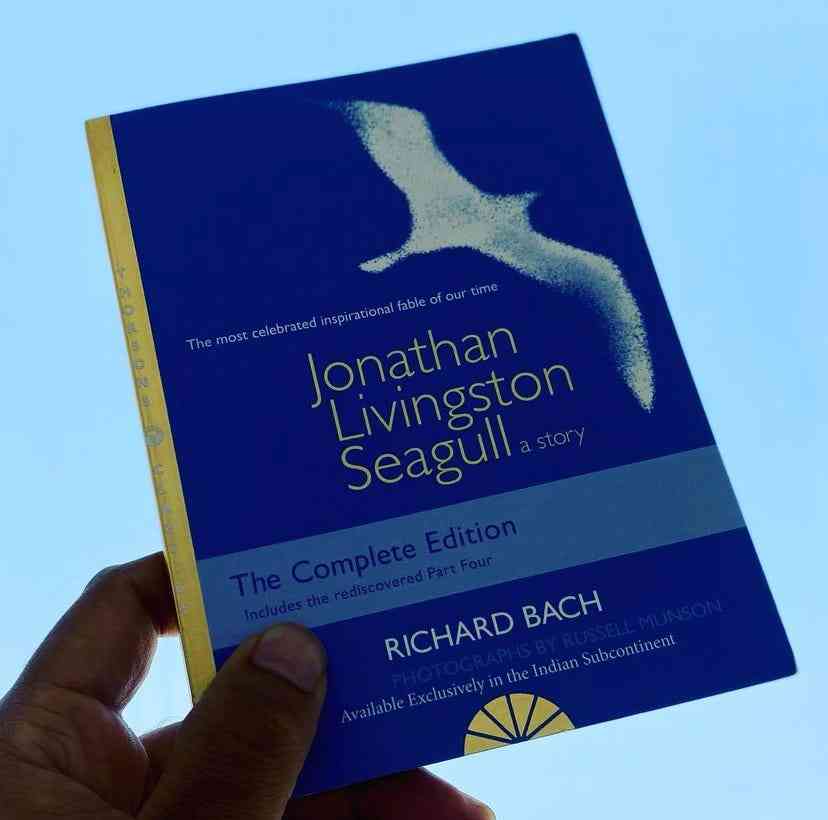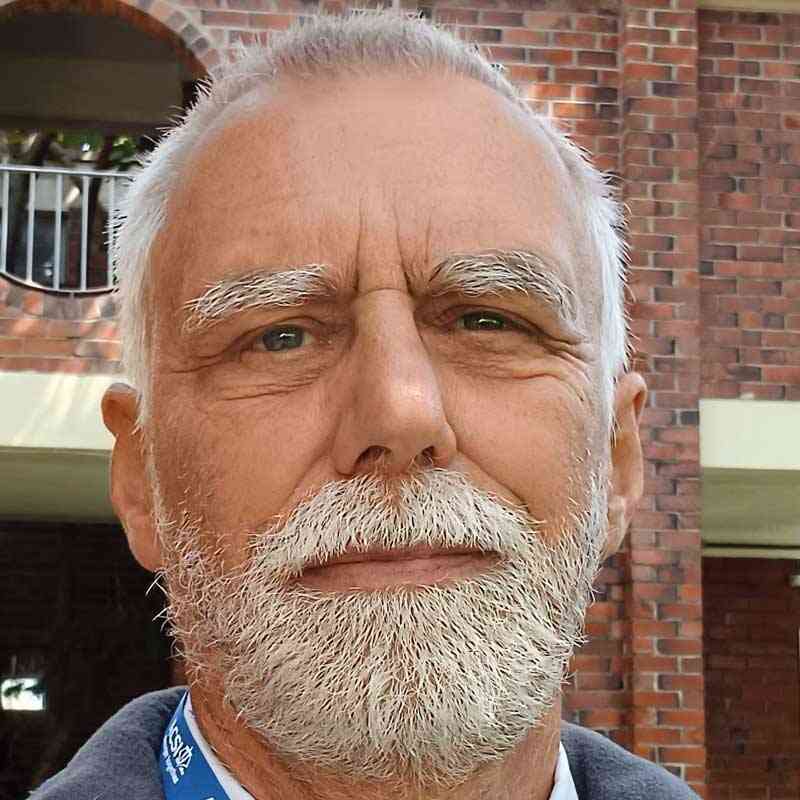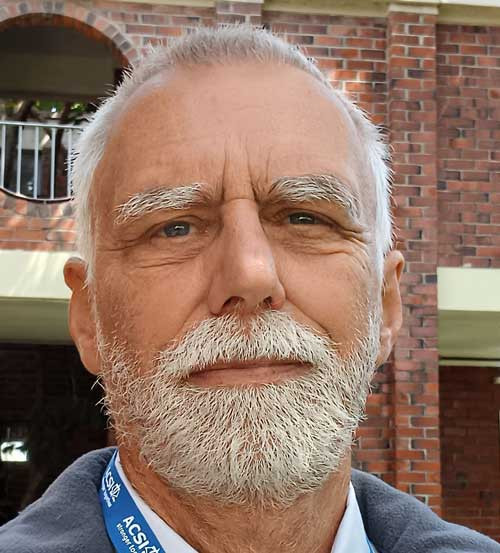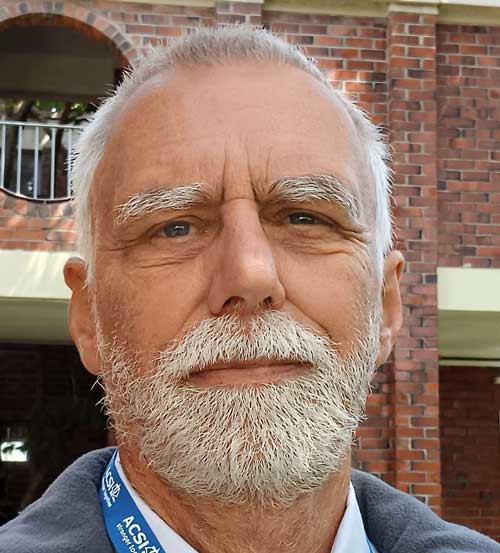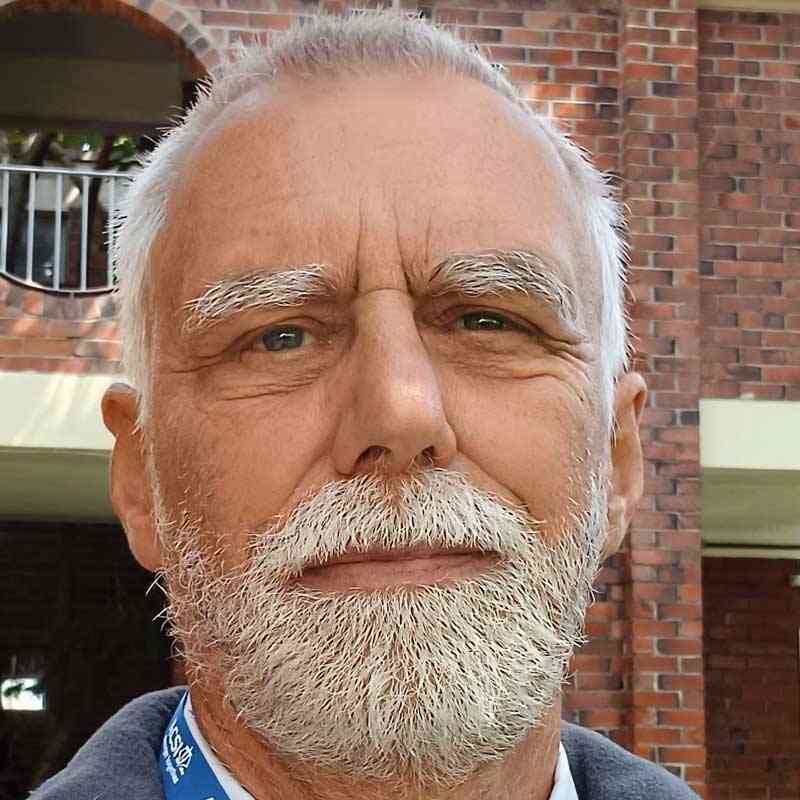
Speech days or nights are not the favourite occasions for the vast majority of pupils, in particular those who do not receive a prize. It is an exercise of their patience as well as many other things to have to watch their gifted friends go up and receive prize after prize, (even if those prize winners have not tried as hard as the others) but then they have to listen also to some stranger who has been deemed to have done something amazing in life, preferably a former pupil of that school, but who has limited experience or expertise in the art of public speaking. Rarely does anyone remember who the Guest Speaker was the previous year and rarely does anyone remember any word that is shared by the Guest Speaker the following day, even though (or more importantly, because) the Guest Speaker went on and on for a long time. However, Guest Speaker we will have because that is what must be!
The Speech Night, or rather more importantly the Prize Giving Night, is for the school to celebrate the achievements of the school and the efforts of their pupils in bringing recognition to themselves and the school. In that regard therefore, the Speech and Prize Giving Night should be for the pupils — it is their night, so any Guest Speaker should be able to speak well to children in a way that they might remember even just one point.
In 1999 one school invited an extraordinarily gifted communicator, the late (great) Professor Dr John Makumbe, to come and address the pupils at their annual Speech Night. When the Head went to collect him at the hotel and asked the receptionist if he was ready, the receptionist asked, “Do you mean, THE Dr John Makumbe…?” He was THE very man! He was known then as ‘THE’ man as he was the only person who would speak out publicly, on television and in the press, about injustices happening in the country. He explained that he even had people, who would not dare reveal themselves, passing information in an envelope under his door for him to bring to the wider attention. His words were therefore eagerly anticipated!
No-one was disappointed! At the end of his short speech, the pupils (who normally struggle to pay attention for any length of time) not only gave him a standing ovation but in fact screamed loudly and passionately for more! (They got their wish the following term when he sat in classes for two days). So, what was it that excited and enthralled them so much? Indeed, when he stood up to speak and said at the beginning that he was going to speak about ‘Integrity’, how could he grab, let alone keep, the attention of those present when dealing with such a subject? It may have had something to do with the fact that he declared loudly early on that “You know what? This country is a kleptocracy”, at which point there was an audible gasp from staff members, before he added, after a short pause, that “You may not know what that means. It means it is run by a bunch of thieves”.
In very simple terms, integrity means doing the right things right, (CS Lewis also added the clause “Even when no-one is watching”). Note, though: if there is a right way to do right things, it implies that we may also do wrong things wrong (we may call that Iniquity), wrong things right (that may be Immaturity) and right things wrong (we may call that Incapacity). We must show only Integrity.
After the afore-mentioned Speech Night, Professor Makumbe was asked, perhaps somewhat naively: “Isn’t it dangerous doing what you are doing, speaking out against what is wrong?” His answer was revealing: “It would be far more dangerous if I stopped” echoing a statement of Zig Ziglar who said, “When you do the right things in the right way you have nothing to lose because you have nothing to fear.” Indeed, it would be far more dangerous not only for him but also for everyone else, for the whole nation. Integrity is what will make a better person, a better people and nation.
As with Guest Speakers leaving the listeners with something simple to remember, so with writers of articles leaving the readers with something easy to understand and remember. So here it is in a nutshell: we can do the wrong things in education wrong. We can do the wrong things in education right. We can do the right things in education wrong. We can do the right things in education right. That is the very plain choice. Which are we doing? How much integrity can we see?
- The nitty-gritty of integrity

